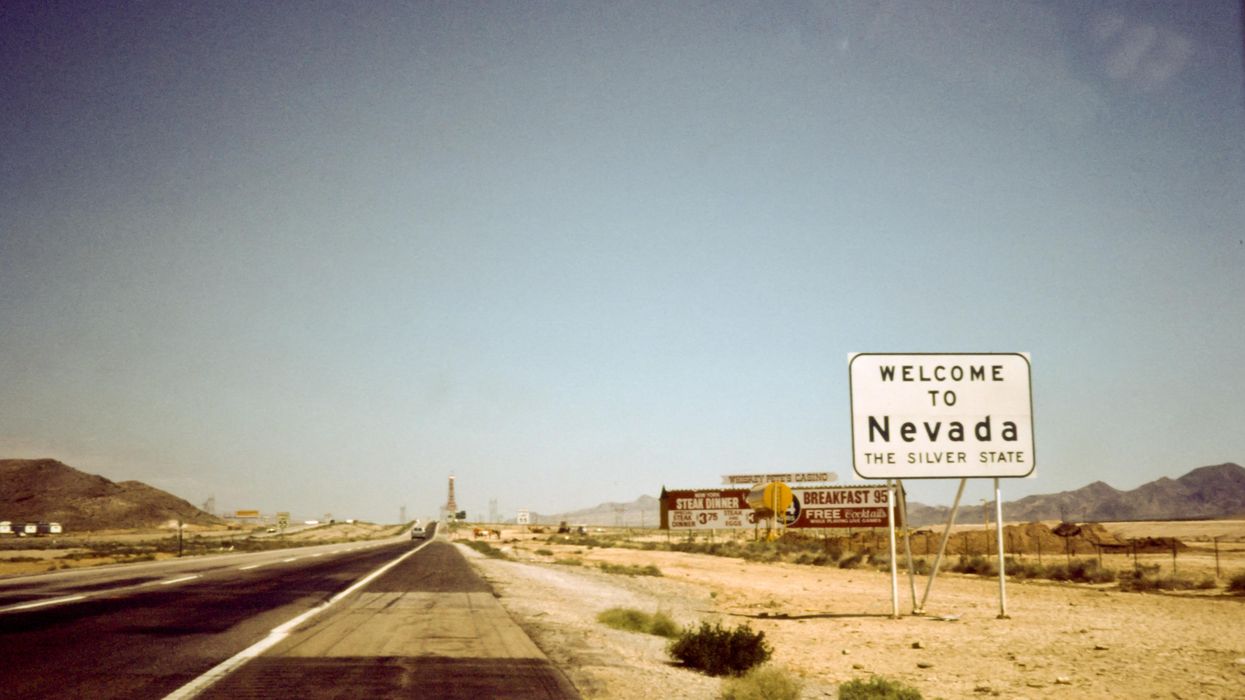In the past few years, ranked-choice voting has been adopted in voting jurisdictions across the country, from New York City to more than 20 cities in Utah to statewide elections in Alaska. And advocates for the alternative voting method are hoping to see further expansion this fall.
One state, a handful of major cities and smaller jurisdictions have put RCV on the ballot this fall, giving voters the power to change how they elect their government officials. The RCV community is optimistic about the outcomes of those ballot measures.
“They are all in play to win,” said Rob Richie, president and CEO of FairVote, which works on election reforms including RCV.
As Richie noted, with the exception of a statewide ballot initiative in Massachusetts in 2020, RCV measures have been succeeding across the country. Alaska’s campaign, which went a step further by adding nonpartisan primaries, was one of the most recent victories. The state’s first RCV election made news nationally when former vice presidential candidate Sarah Palin lost a race for the state’s U.S. House seat.
While the Nevada RCV campaign is the result of a citizen-led initiative, this fall’s other proposals were the result of actions taken by city councils or charter commissions.
“That’s why they all start off in a good position,” Richie said. “They have a certain level of institutional support that’s been earned. And that makes us feel confident.”
While a standard election assigns victory to whichever candidate gets the most votes – even if that total is not a majority of all ballots cast – RCV uses a process that ensures the winner has received support from more than 50 percent of voters.
In an RCV election, voters may rank candidates in order of preference. If someone received a majority of the votes, the election is over. But if not, the candidate with the fewest votes is eliminated and the ballots cast for that person are redistributed to voters’ second choices. The process continues until someone has a majority. It is also known as an instant runoff election.
There is a heavy concentration on RCV proposals on the ballot in the Pacific Northwest, which Richie credits to the work of groups like FairVote Washington, More Equitable Democracy and Sightline.
Other organizations working more broadly on democracy reform, such as RepresentUs, have identified RCV as a significant advancement in U.S. politics and have been supporting such efforts.
“It's no coincidence that RCV is on the rise across the country; it's happening because people across the country want elections that hold politicians accountable and offer better choices,” said Jen Johnson, movement director for RepresentUs. “Ranked-choice voting is a simple change that makes a powerful difference – it means that politicians can't get elected unless they have a majority of the vote, and voters no longer have to choose between the lesser of two evils. It's a proven voting method that’s been used in American elections for over a century.”
Here’s where RCV is on the ballot this fall, according to FairVote:
Clark County, Wash.
The state’s fifth largest county, Clark would use RCV for all county-level general elections.
Evanston, Ill.
If adopted by the voters, this proposal would institute ranked-choice voting for local general elections.
Fort Collins, Colo.
In 2021, the state’s General Assembly passed a law allowing cities to switch to RCV elections. Fort Collins would be the sixth to do so, following Basalt, Boulder, Broomfield, Carbondale and Telluride.
Multnomah County, Ore.
Voters in Oregon’s most populous county will decide whether to use RCV in future elections.
Nevada
This is the only statewide RCV initiative this year, and it’s similar to the new system adopted by Alaska in 2020. If successful, state and federal elections (except for presidential voting) would become “top five” primaries with ranked-choice general elections. All candidates would run in a single, open primary and the five who receive the most votes all advance to the general election, which would be decided by ranked-choice voting. (Alaska has a “top four” system.) The proposal needs to win approval twice – this year and again in November 2024.
Ojai, California
A half-dozen California jurisdictions already use RCV, including San Francisco and Oakland. Ojai would use it in general elections for local races.
Portland, Maine
Maine already uses RCV for federal and statewide elections, and Portland uses it for all city races. But the city council has put forth an initiative to use proportional RCV for multiwinner elections.
Portland, Ore.
While New York City is the largest jurisdiction using RCV, Portland hopes to become the biggest U.S. city using a variation known as proportional ranked-choice voting. While PCRV would be used for city council elections, traditional RCV would be used for other municipal races.
Portland would be divided into four city council districts that would each be represented by three people. Voters continue to use RCV, but their support can be transferred to additional candidates if their top choice is election. FairVote is a good explainer.
San Juan County, Wash.
Like Clark County’s proposal, this one would establish RCV as the election method for county elections in San Juan. According to FairVote, this was the first RCV measure to be placed on a ballot this year.
Seattle
Washington’s largest city offers a rare competition of alternative voting systems. After first granting a ballot question to supporters of approval voting (in which voters may support as many candidates as they wish, with the person receiving the most votes winning), the city council then agreed to allow consideration of RCV as well.
So that has created a two-step process in Seattle, where voters will first decide whether they want to make a change and then whether they want RCV or approval voting. If the voters pick one of those systems, it will be used in party primaries to select nominees who advance to a standard general election.




















